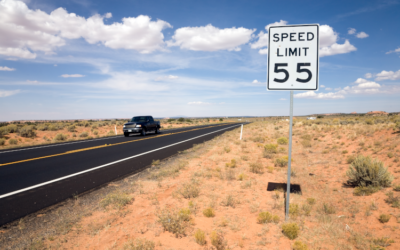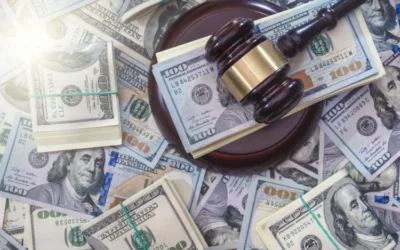Disclosure and Discovery in Arizona
What is Disclosure?
In the course of a criminal case in Arizona, the State (the prosecutor) and the defendant are required to make disclosures. They must disclose to each other any evidence or witnesses they may want to use in the case. For example, the State is required to provide anything it may use against the defendant at trial. The State is also required to disclose anything that might tend to show the innocence of the defendant. The State must also disclose any witnesses who may testify at trial. In most criminal traffic cases, the State’s witnesses are limited to the citing officer.
The defendant is required to disclose anything that he might use in his defense. The defendant also must disclose any expert witnesses that he may use in his defense.
What is Discovery?
Discovery refers to the process wherein the parties (the State and the defendant) look for information that needs to be disclosed. In a criminal traffic case, the State usually doesn’t do much, if any, discovery other than making a generic request to the defendant to make the minimum disclosures required by the rules.
Discovery is critical to the defendant though. The State often fails to make the required disclosures. Even though the State is required to make disclosures, the burden often falls on the defendant (or the defendant’s attorney) to identify items to be disclosed and then to compel the State to make those disclosures. Interviewing the citing officer is an important part of the discovery process. Interviewing the officer is a good way to identify any potential problems with the State’s case, and to learn of information that may exist that has not been disclosed. For example, we often learn about the existence of video evidence during an officer interview. If we did not do the interview, the State may have never disclosed that video evidence.
When Does Discovery and Disclosure Take Place?
The Arizona Rules of Criminal Procedure govern when discovery and disclosure must take place. In misdemeanor traffic cases, the State is not required to make its minimum disclosures until the first pretrial conference. Discovery and disclosure will usually take place over a period of time as the defendant learns about what evidence may exist, and then as the defendant tries to compel the State to disclose that information.
Why is Disclosure and Discovery Important?
There are a few reasons. First, if a defendant fails to disclose evidence she wants to use at trial, the defendant may not be able to use the undisclosed evidence at trial.
If the State fails to disclose evidence, this can present an opportunity for the defendant. The defendant may be able to leverage the State’s failure to disclose and improve the outcome of her case. The State’s failure to disclose could even result in the case being dismissed.
What discovery and disclosure is NOT
It is not like Matlock, Law and Order SVU, My Cousin Vinny or most any other lawyer television show or movie. So often Hollywood shows court cases where the attorney shows up to trial only to surprise the other side with a critical piece of evidence. This simply does not happen in real life. There are no surprises. The goal of the procedural rules is to make sure all parties have all available information well before a trial starts. Parties who fail to disclose information or who try to surprise the other party will be punished.
Need help getting information from the State?
Email us below and we’ll reach out.
Latest Blog Posts
How Can I Reduce The Penalties For A Criminal Traffic Ticket?
Can I Reduce The Penalties For A Criminal Traffic Ticket in Arizona? There are a variety of consequences that can result from a criminal traffic ticket conviction. Some are more serious than others. For most people, the issue at the top of the list is having to...
District Court Violation Notices and Collateral Forfeiture
What Is A District Court Violation Notice? And What Is Collateral Forfeiture?What Is A United States District Court Violation Notice? The federal government calls traffic tickets Violation Notices. At the top of the ticket, it will say "United States District Court...



